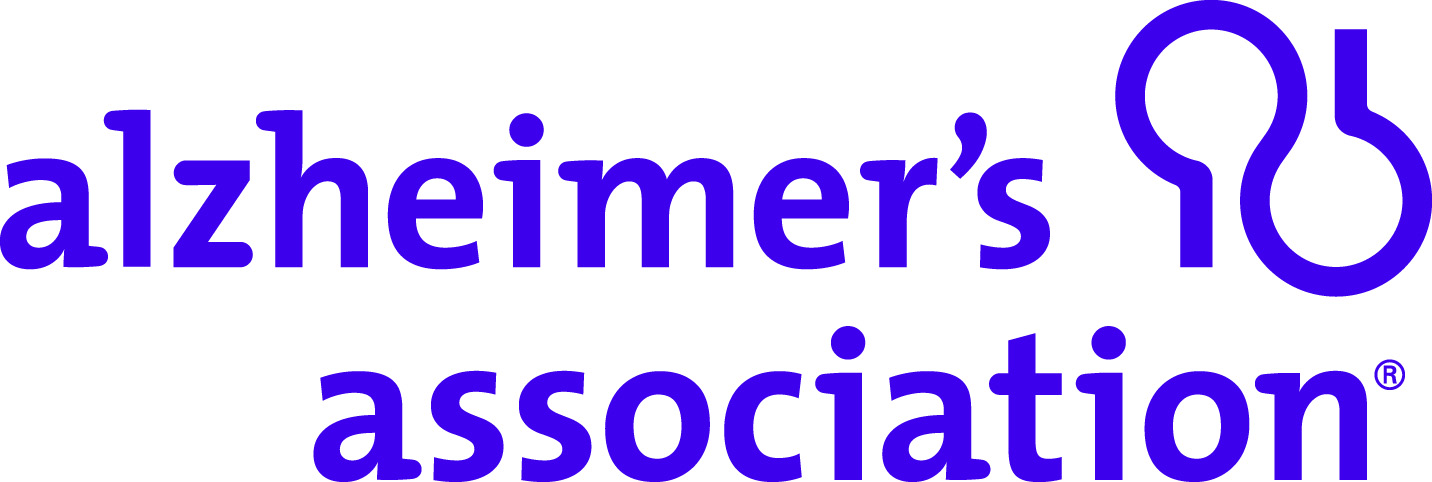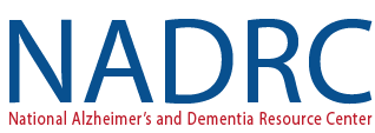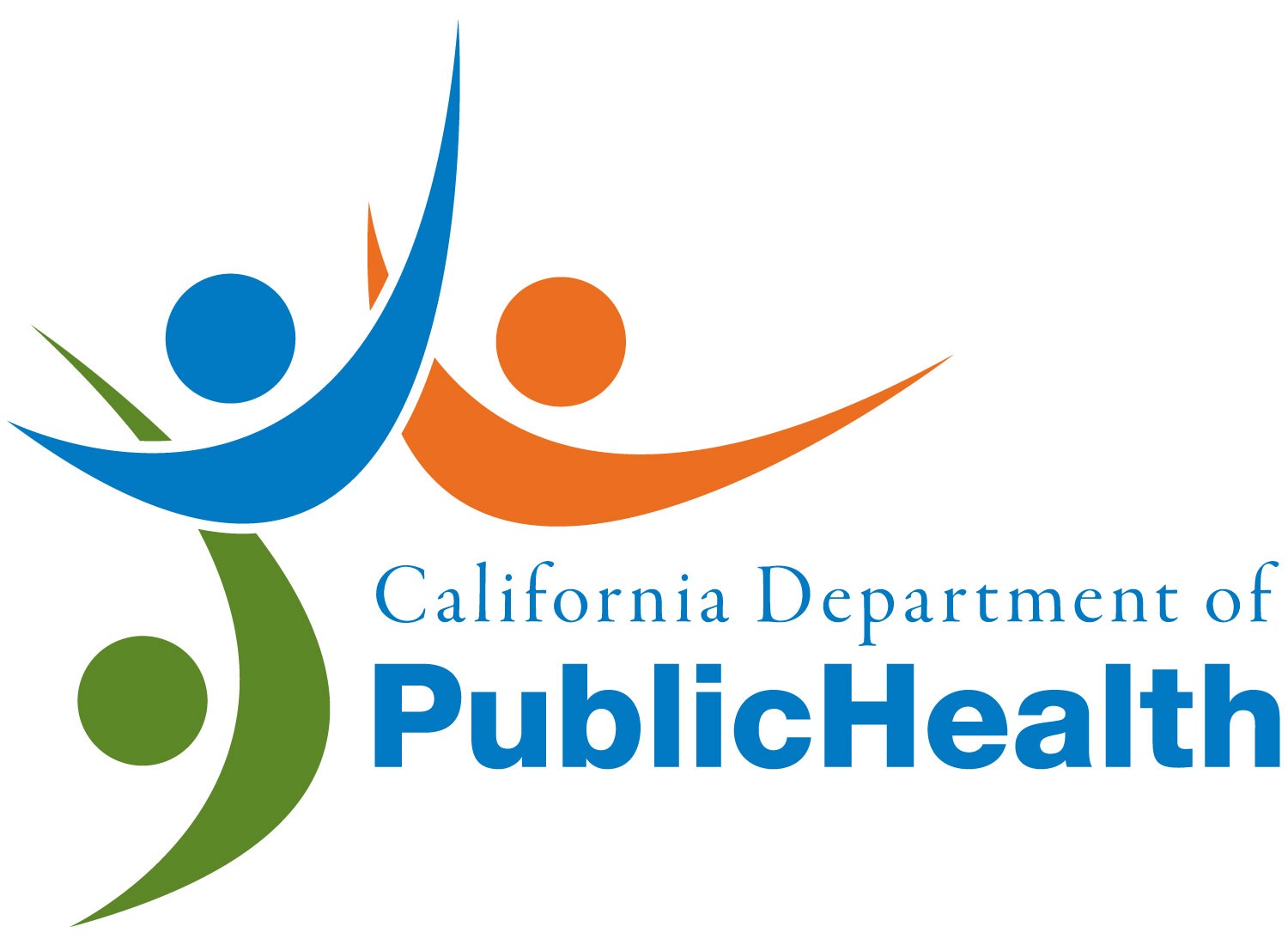What is Dementia?
Dementia is the loss of cognitive functioning—thinking, remembering, and reasoning—and behavioral abilities to such an extent that it interferes with a person’s daily life and activities. These functions include memory, language skills, visual perception, problem-solving, self-management, and the ability to focus and pay attention. Dementia is not a single disease but an umbrella term that covers a wide range of cognitive impairments, which includes Alzheimer’s disease. Alzheimer’s disease is the most common cause of dementia. People with Down syndrome may develop Alzheimer’s disease and other dementias at higher rates and much younger age than the general population. However, it is important to understand that dementia is not a normal part of aging.
The Alzheimer's Association
The Alzheimer’s Association is the leading voluntary health organization in Alzheimer’s disease and related dementia that works on both the national and local levels to provide information, research, care and support for all those affected by the disease. In addition to providing an overview of dementia, they also explain the different types of dementia, causes, and symptoms and provide a confidential 24-hour Helpline to assist caregivers, family members, and persons with dementia.
The National Institute of Aging
The NIH National Institute on Aging (NIA) conducts and supports basic, clinical, and social and behavioral research on aging and the special problems and needs of older people, and is the lead federal agency for Alzheimer’s disease and related dementias research. An estimated 6.25 million Americans are now living with Alzheimer’s dementia, based on symptoms such as memory loss and difficulty thinking. NIA provides articles and extensive information on Alzheimer’s symptoms and diagnosis, early onset Alzheimer’s disease and resources, causes, symptoms and diagnosis, treatment, Alzheimer’s and relationships, current research and clinical trials and caregiving. NIA also seeks to understand the nature of the aging process and disease associated with Alzheimer’s as seen in people with Down Syndrome.
The National Alzheimer’s and Dementia Resource Center
The Administration on Aging and the Administration for Community Living (AoA/ACL) funds the National Alzheimer’s and Dementia Resource Center (NADRC). The goals of the NADRC include, but are not limited to, the provision of expert technical assistance to AoA/ACL and its grantees, as well as making program information and resources available to individuals and organizations outside the Alzheimer’s grantee community. The NADRC website has Selected Resources Developed by the National Alzheimer’s and Dementia Resource Center, Highlights of Grantee Developed Resources and has webinars that address Alzheimer’s disease and related dementia in adults with an intellectual and developmental disability.
California Department of Public Health
The California Alzheimer’s Disease Centers (CADCs) are a statewide network of ten dementia care Centers of Excellence at university medical schools. The CADCs effectively and efficiently improve dementia health care delivery, provide specialized training and education to health care professionals, and advance the diagnosis and treatment of Alzheimer’s disease and dementia. The CADCs serve the diverse population of California by providing culturally and linguistically appropriate care to Latinos, African Americans, Asians and Pacific Islanders, and LGBTQ individuals. Community education and outreach are also provided by the CADCs in the form of lectures, workshops, forums, and support groups that are open to the public. To find a CADC in your area, the ten locations are listed below:
Mary S. Easton Center for Alzheimer’s Research and Care at UCLA – Los Angeles
Keck Medicine of USC – Los Angeles
Rancho Los Amigos/USC – Rancho Los Amigos
UC Davis Health Alzheimer’s Disease Research Center – East Bay
UC Davis Health Alzheimer’s Disease Research Center – Sacramento
UCI Mind – Irvine
UC San Diego – San Diego
UCSF Weill Institute for Neurosciences Memory and Aging Care – San Francisco
UCSF – Fresno
Standard/VA Alzheimer ’s Center – Palo Alto






